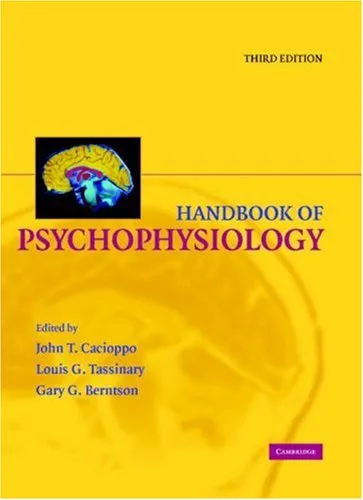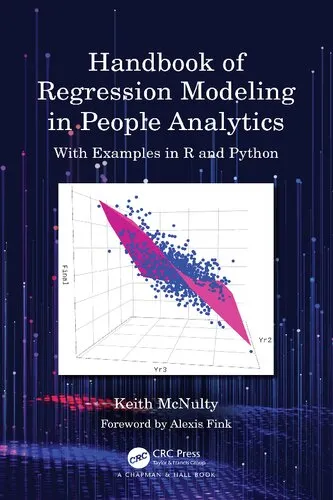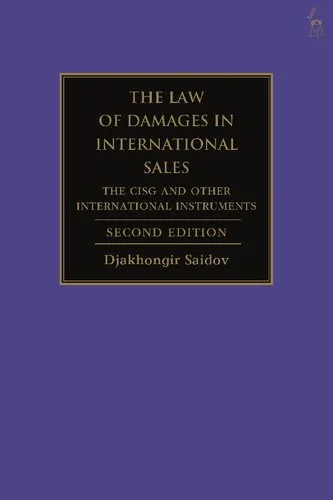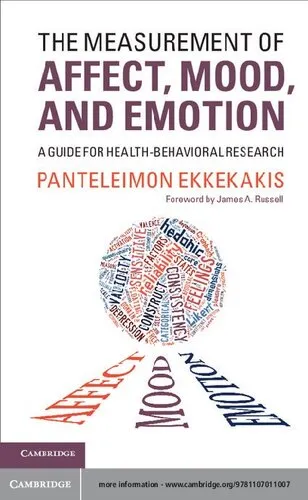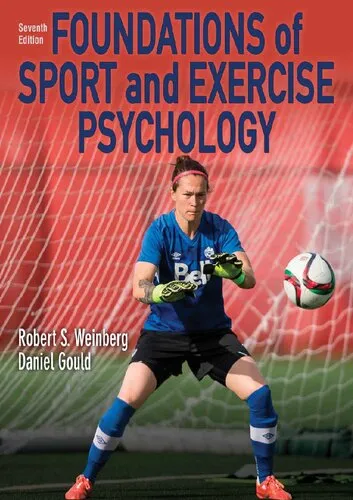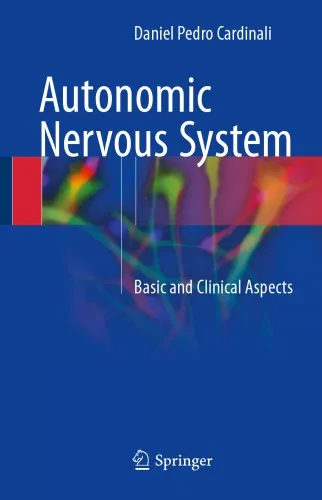Handbook of Psychophysiology
4.3
Reviews from our users

You Can Ask your questions from this book's AI after Login
Each download or ask from book AI costs 2 points. To earn more free points, please visit the Points Guide Page and complete some valuable actions.Related Refrences:
Analytical Summary
The Handbook of Psychophysiology stands as a definitive, scholarly resource for academics, practitioners, and students seeking deep insight into the complex interplay between physiological processes and psychological phenomena. Authored by John T. Cacioppo, Louis G. Tassinary, and Gary Berntson—recognized leaders in the field—it synthesizes decades of advances in psychophysiological theory, experimental design, and methodological rigor.
This volume meticulously covers core topics ranging from cardiovascular psychophysiology to neuroimaging approaches, situating each within the broader context of behavioral science. It provides a comprehensive examination of measurement techniques, conceptual frameworks, and applications that bridge psychology and biology. Whether your focus is clinical research, cognitive neuroscience, or experimental psychology, the book offers authoritative guidance for designing reliable studies and interpreting physiological data.
Information unavailable regarding the exact publication year for the current edition in this context; no reliable public source is provided here to confirm it. Nevertheless, its enduring presence in academic literature underscores its relevance and continued utility. By drawing together contributions from leading researchers, the Handbook of Psychophysiology ensures that readers gain access to validated methods and theoretical perspectives that shape contemporary psychophysiological inquiry.
Key Takeaways
Readers will gain actionable insights into how physiological measurements can inform and sharpen psychological theory. From understanding autonomic nervous system responses to leveraging advanced neuroscience methodologies, the book equips you with practical frameworks to apply in diverse research contexts.
Key takeaways include the importance of methodological precision, the integration of multi-modal data, and the careful alignment of experimental design with research questions in psychophysiological studies. Each chapter not only introduces the relevant concepts but also discusses their limitations, ensuring a balanced perspective valuable to both seasoned scholars and emerging researchers.
Memorable Quotes
"Understanding behavior requires understanding the body as well as the mind." Unknown
"Measurement in psychophysiology is not simply about recording signals, but about interpreting them within a rigorous scientific framework." Unknown
"Integration of physiological and psychological perspectives enriches our grasp of human experience." Unknown
Why This Book Matters
The significance of the Handbook of Psychophysiology lies in its role as a bridge between disciplines, fostering collaboration among scientists who study behavior from both biological and psychological vantage points.
With global interest in mental health, cognitive performance, and human-machine interaction at an all-time high, understanding psychophysiological principles has never been more critical. This book's synthesis of theory and application makes it an indispensable resource in contemporary research and practice.
Secondary themes such as psychophysiological research and neuroscience methodologies are woven throughout, making it a valued addition to both academic curricula and professional libraries. By serving as a reference point for validated methods and scientific integrity, it supports the sustained advancement of interdisciplinary knowledge.
Inspiring Conclusion
The Handbook of Psychophysiology is more than a compilation of academic insights—it is an invitation to engage deeply with the science that unites mind and body. For anyone seeking to push the boundaries of research quality, theory development, or applied practice, this book offers a roadmap shaped by some of the foremost thinkers in the field.
Its balanced coverage of psychophysiological research and neuroscience methodologies makes it both a practical manual and a source of inspiration. By immersing yourself in its pages, you position yourself to contribute meaningfully to the evolving dialogue on human behavior and physiology.
Read the Handbook of Psychophysiology, share its insights with peers, and discuss its applications within your professional community. In doing so, you take part in advancing a science grounded in meticulous measurement, thoughtful analysis, and interdisciplinary collaboration.
Free Direct Download
You Can Download this book after Login
Accessing books through legal platforms and public libraries not only supports the rights of authors and publishers but also contributes to the sustainability of reading culture. Before downloading, please take a moment to consider these options.
Find this book on other platforms:
WorldCat helps you find books in libraries worldwide.
See ratings, reviews, and discussions on Goodreads.
Find and buy rare or used books on AbeBooks.
1284
بازدید4.3
امتیاز0
نظر98%
رضایتReviews:
4.3
Based on 0 users review
Questions & Answers
Ask questions about this book or help others by answering
No questions yet. Be the first to ask!
